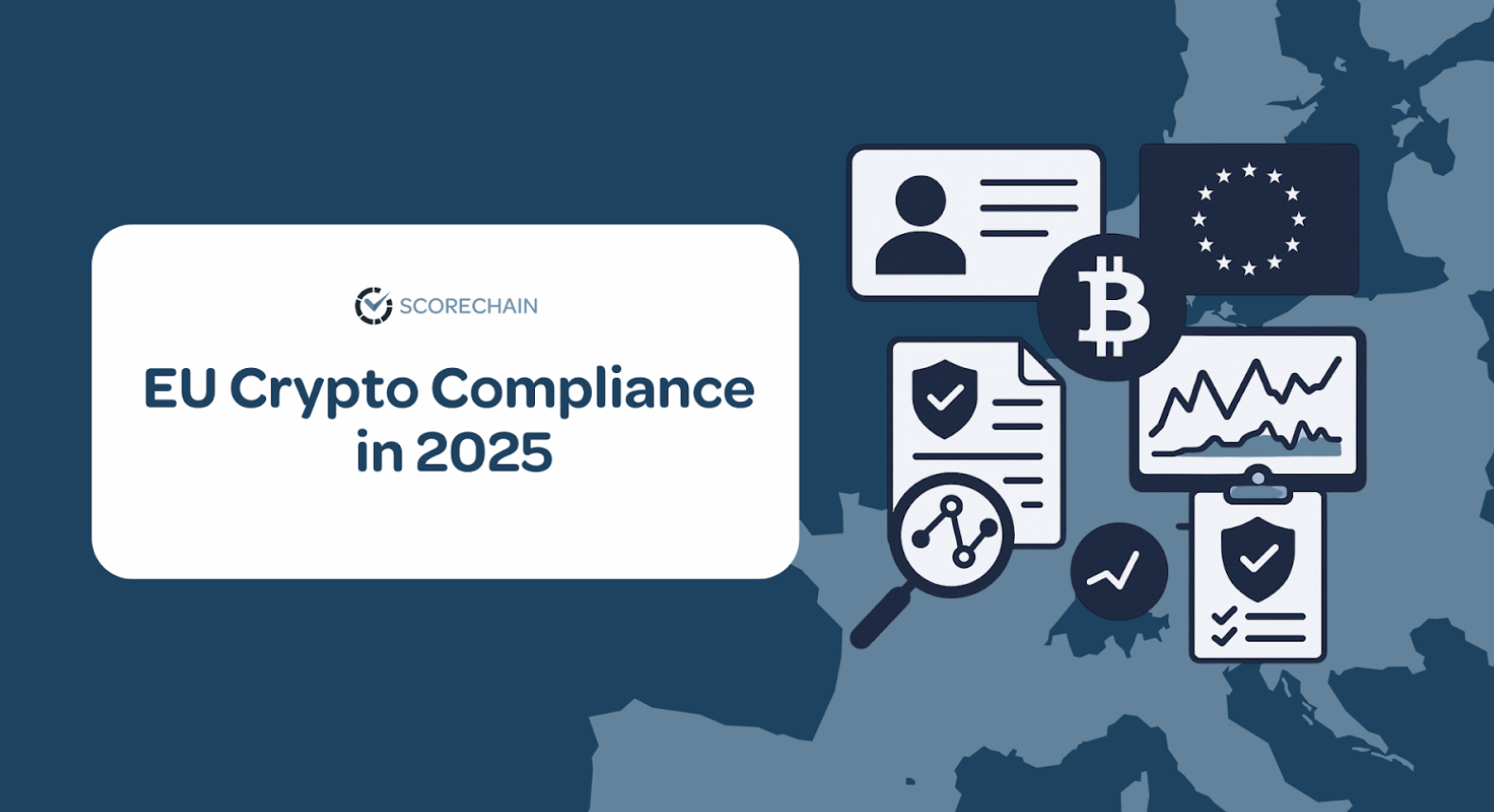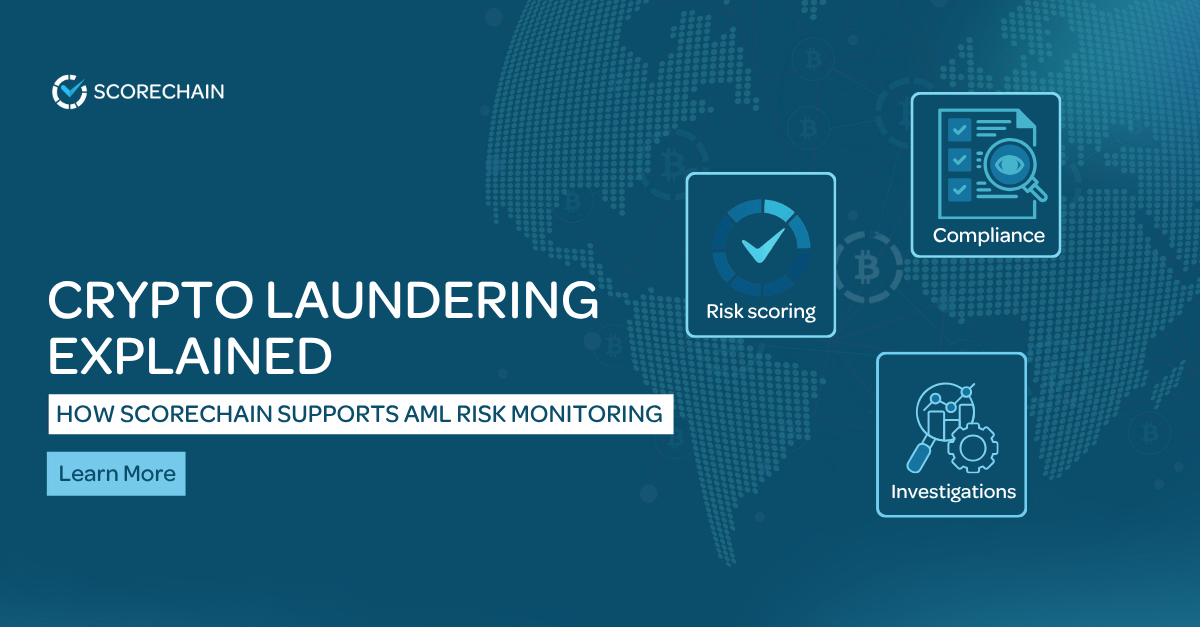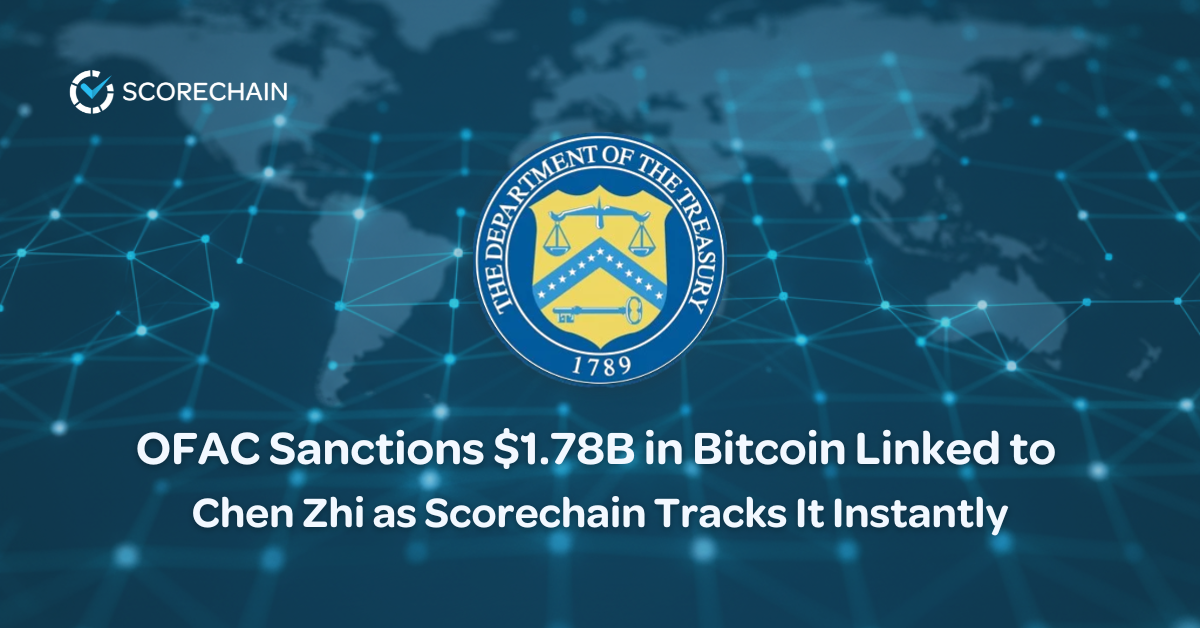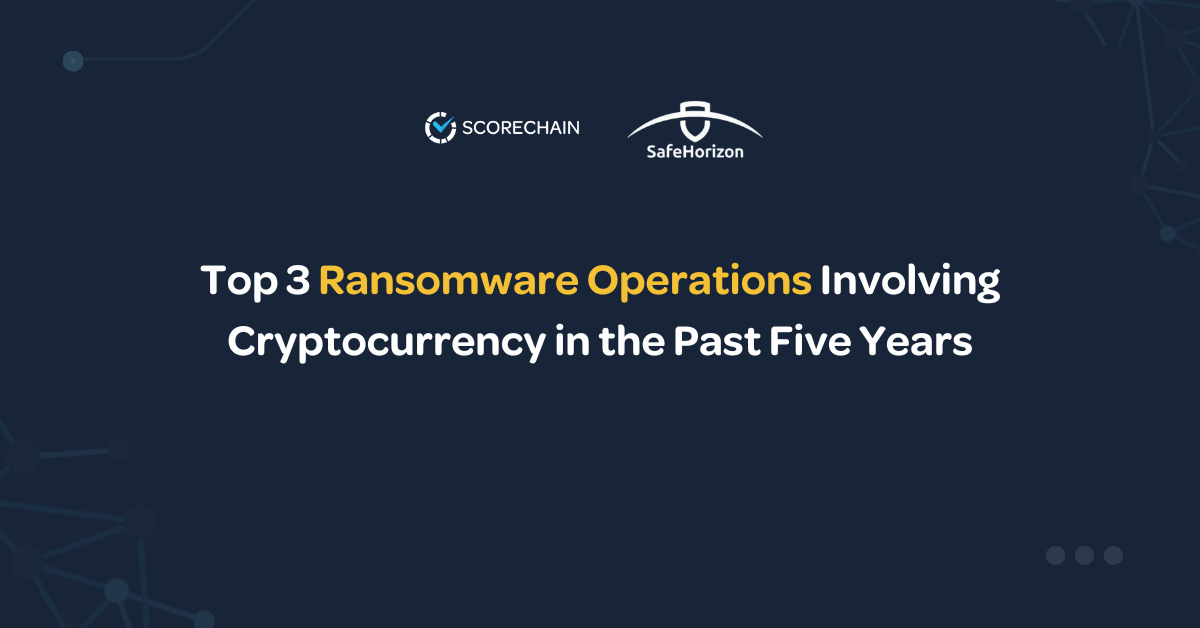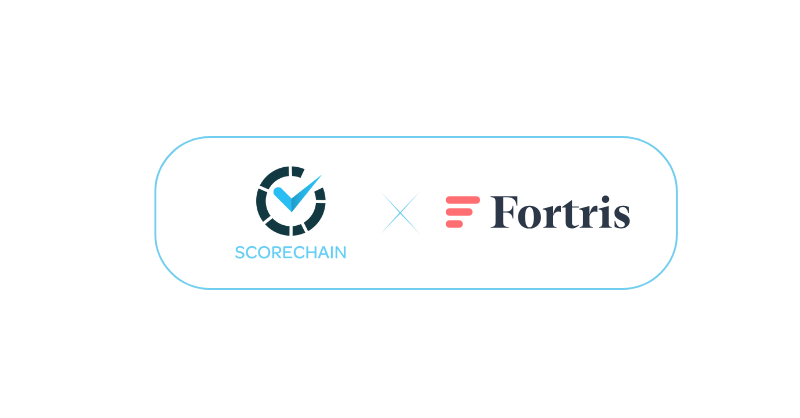
Table of Contents
- How is the EU regulating crypto?
- What comprises the EU’s current crypto regulations?
- How does MiCA fit into this wider framework?
- Other key EU rules: AML, DORA, CARF/DAC8
- How national implementation varies
- Travel Rule requirements in the EU
- How to stay crypto compliant in the EU
- Scorechain: Your companion in EU crypto compliance
- ❓ FAQ: Crypto Regulation in the EU
1. How is the EU regulating crypto?
The European Union is establishing a robust, multi-layered regulatory regime aiming to:
- Standardize licensing for crypto‑asset providers
- Enforce anti‑money laundering and transparency measures
- Ensure operational resilience and cybersecurity
- Introduce taxes and oversight on crypto flows
2. What comprises the EU’s current crypto regulations?
Following the 30 Dec 2024 rollout of MiCA, the EU boasts a robust brick-and-mortar regulatory scheme for crypto:
- MiCA (Markets in Crypto-Assets): Covers CASPs, stablecoins (EMTs & ARTs), ICOs, market.
- AML directives: Money-laundering laws with crypto-specific extensions, including wallet-level obligations.
DORA - Digital Operational Resilience Act: Requires crypto firms to build resilient IT infrastructures. - CARF / DAC8 (starting 2026): Automatic exchange of crypto-tax data - EU aligns with OECD.
The Markets in Crypto-Assets Regulation (MiCA) is the European Union’s first comprehensive legal framework specifically designed to govern crypto-assets across all 27 member states.
What does MiCA do?
1. It Creates One Set of Rules for All EU Countries
Before MiCA, every EU country had its own way of dealing with crypto, France had PSAN registration, Germany had BaFin licenses, Malta had the VFA Act, and others had almost nothing.
MiCA replaces this fragmented landscape with a single rulebook. Once you’re authorized as a Crypto Asset Service Provider (CASP) in one EU country, you can operate in the others without having to reapply. This is called passporting. Think of it as a Schengen zone, but for crypto companies.
2. It Defines and Regulates Different Types of Crypto-Assets
MiCA classifies crypto-assets into three major categories:

3. It Sets Clear Obligations for Crypto Service Providers
MiCA lays out exactly what a CASP must do to operate legally in the EU, including:
- Apply for authorization from a national regulator (like BaFin or AMF)
- Implement AML and KYC policies
- Disclose fees and conflicts of interest
- Keep customer assets segregated
- Report incidents and maintain transparency
4. It Brings Stablecoins Under Tight Supervision
Stablecoins are seen as both useful and risky. MiCA introduces:
- Strict reserve requirements (must hold liquid 1:1 reserves)
- Daily transaction caps (€200M/day) for widely used tokens
- Mandatory authorization before launching to EU users
- Ongoing monitoring by national authorities and the European Central Bank
5. It Cracks Down on Market Abuse and Insider Trading
For the first time, crypto companies in Europe are expected to:
- Monitor transactions for manipulation
- Implement policies to avoid insider trading
- File suspicious transaction reports (STRs)
- Train teams to identify and escalate red flags

3. How does MiCA fit into the wider framework?
MiCA is the technical heart of crypto regulation, while AML, DORA, and CARF add layers:
- MiCA defines authorization, stablecoin rules, AML/KYC, passporting across the EU.
- AML directives overlap - with stricter sanctions, KYT, and wallet tracing.
- DORA (from Jan 2025) mandates ICT risk management: backups, cyber tests, third-party oversight
- CARF/DAC8 (from Jan 2026) requires CASPs to report user tax data to local authorities.
4. Other Key EU Rules: AML, DORA, CARF

5. National Implementation Variations
Even with EU-wide laws, national regulatory interpretation varies:
- Some lag or risk “passport shopping” among accommodating states
- Germany and the Netherlands have issued early MiCA licenses; France opened on 1 July 2024
- Poland sets a TBD deadline for CASP filings
6. Travel Rule requirements in the EU
- No minimum threshold - Applies to all crypto transfers
- Data required includes:
- Name and identification of both sender and recipient
- Wallet or account numbers
- Address/residence or office for legal entities
- Legal Entity Identifier (LEI) or equivalent
- Self-hosted wallets: Verification needed for transactions over €1,000
7. How to Stay Compliant in the EU 2025
1. Prepare
Understand where you fit under MiCA: CASP, stablecoin issuer, token project, or hybrid.
Check licensing requirements, transition periods, and regulator-specific forms in your country.
2. Apply
Submit your application to your local National Competent Authority (NCA) - such as BaFin (Germany), AMF (France), CSSF (Luxembourg), or CNMV (Spain).
Be ready with your whitepaper, governance documents, risk assessments, and Travel Rule plan.
3. Implement
Use Scorechain’s crypto compliance platform to:
- Automate AML/KYC screening across all wallets and transactions
- Detect high-risk behaviors like mixer use, darknet exposure, or wallet clustering
- Comply with the FATF Travel Rule via secure sender/receiver data exchange
- Monitor real-time blockchain activity across major chains (BTC, ETH, TRX, etc.)
- Stay aligned with MiCA’s strict requirements for governance, transparency, and auditability
4. Strengthen
Meet DORA requirements by implementing strong cybersecurity controls, vendor oversight, ICT risk monitoring, and incident response planning.
5. Monitor
Track blockchain flows, address changes, and counterparty risks in real-time.
Use Scorechain’s alert system and behavioral risk scoring to catch issues before regulators do.
6. Report
Generate regulator-ready reports for MiCA, AML, DORA, and Travel Rule compliance.
Scorechain offers exportable audit trails and ready-to-submit documents tailored to each NCA’s format.
8. Scorechain: Your EU Crypto Compliance Hub
Scorechain is a crypto compliance intelligence platform trusted by financial institutions, regulators, and crypto-native businesses across Europe and beyond.
Our mission is to help Crypto Asset Service Providers (CASPs) navigate complex regulations- like MiCA, AML directives, and the Travel Rule - with total confidence, automation, and accuracy.
Whether you're an exchange, wallet provider, stablecoin issuer, or traditional financial institution entering crypto, Scorechain helps you stay compliant, avoid risk, and grow securely.
Features Built for MiCA Success
AML & KYC Screening
Automated, real-time monitoring.
- Screen wallet addresses for links to sanctioned entities, PEPs, and criminal activity
- Detect high-risk behaviors: layering, structuring, darknet transactions
- Monitor new addresses in your ecosystem for compliance reputation scoring
- Fully aligned with MiCA's emphasis on anti-money laundering and counter-terrorism finance
MiCA-Ready Reporting
No need to manually compile audit trails or generate compliance exports.
- Generate regulator-friendly reports for BaFin, AMF, CNMV, CSSF, and others
- Use prebuilt templates aligned with MiCA’s RTS/ITS standards
- Export historical data, incident logs, and transactional flags for license reviews or surprise audits
Travel Rule Compliance
MiCA expects CASPs to comply with the FATF Travel Rule for fund transfers.
- Automate sender/receiver data exchange with other VASPs
- Anchor cross-border transactions with verified identity records
- Log Travel Rule interactions for NCA inspection and incident resolution
Customizable Risk Rules
Scorechain lets you tailor your compliance logic.
- Set your own thresholds for transaction volumes, counterparty risk, or jurisdictional exposure
- Build smart rules that reflect your token utility, customer base, or regional model
- Adapt instantly when MiCA evolves (e.g., future NFT or DeFi guidance)
Multi-Chain Intelligence
MiCA applies across all your digital assets - Scorechain covers them.
- Monitor major chains: Bitcoin, Ethereum, Polygon, Tron, and more
- Visualize flow charts, trace high-risk funds, and identify wash trading or mixer use
- Get asset-specific risk scores for stablecoins, utility tokens, or wrapped assets
Tamper-Proof Audit Trail
For MiCA-licensed entities, audits are inevitable. Make them painless.
- Scorechain automatically records every alert, action, and compliance note
- Maintain a read-only log of suspicious activity reports, investigations, and resolutions
- Provide evidence-ready audit trails for annual reviews or incident response

Live Case:
A mid-sized CASP integrated Scorechain to automate KYC flows, wallet screening, risk flags, and Travel-Rule enforcement, resulting in a successful mock ESMA review in hours.
Bonus Scorechain Benefits
Built in Europe, for Europe
We speak your regulatory language - whether you're dealing with BaFin, AMF, CNMV, or CSSF.
Human Support That Knows Your Business
Every Scorechain client gets direct access to expert compliance support - not just chatbots or email forms. Need help prepping your whitepaper annex? Want feedback on your AML policy before filing? We’ve got you covered.
Scalable Infrastructure
From startups to top-tier banks, Scorechain scales with your needs. Handle millions of transactions, screen hundreds of wallets, or monitor token usage globally -with no performance bottlenecks.
Plug-and-Play Integrations
Easy APIs and Webhooks make Scorechain fit into your stack, whether you're using third-party KYC vendors, internal case management, or regulatory portals.

❓ FAQ: Crypto Regulation in the EU
Q: Is cryptocurrency legal in the EU?
Yes, but it’s not recognized as official tender or legal currency. Crypto is legal, but regulated. Firms must be licensed under MiCA, follow national tax rules, and register with AML authorities.
Q: What EU laws should CASPs follow?
MiCA, AML directives, DORA, CARF/DAC8 (from 2026)
Q: Are non-EU firms affected?
Yes, if servicing EU customers or wallets, MiCA and CARF apply.
Q: Who grants licenses?
The National Competent Authority in your EU jurisdiction (e.g., BaFin, AMF, CSSF). Scorechain helps tailor submissions to local requirements.
Q: How about crypto taxes?
CARF (aligned with DAC8) requires CASPs to collect and report user tax data beginning Jan 2026. Scorechain offers wallet and transaction reports.
.png)
